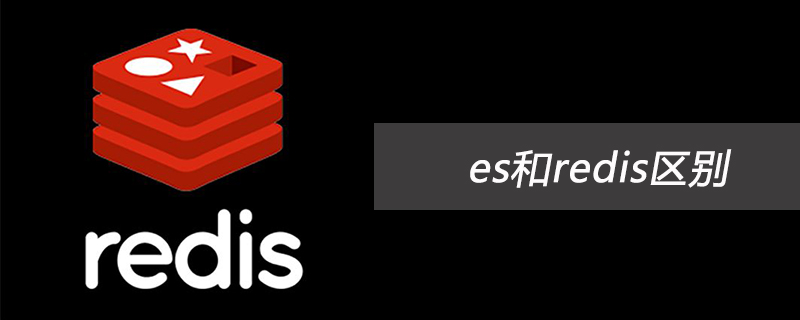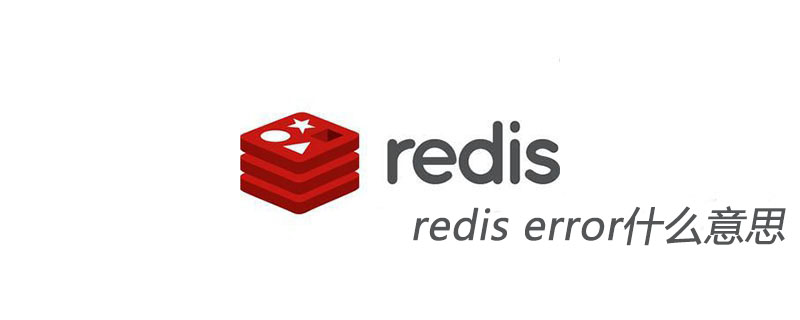As a high-performance memory data storage system, Redis has been widely used in the Internet field, especially in caching and message queues. In the design of the news push system, Redis also plays an important role. This article will combine specific cases to share the application examples of Redis in news push systems.
1. Requirements Analysis
When designing a news push system, the primary requirement is to push the latest news content to users quickly, accurately, and reliably. Specifically, the following problems need to be solved:
1. How to select content that users are interested in from a massive amount of news?
2. How to ensure that the news pushed is the latest?
3. How to ensure that the news pushed is accurate and reliable?
2. System Design
Based on the above requirements, we designed the following news push system:
1. Collection and classification
First, we need to carry out Collection and classification of news. In this step, crawlers can be used to crawl data from major news websites, and machine learning algorithms can be used to classify and label the news. In this way, content of interest to users can be selected from massive news data.
2. Push service
In the push service, Redis needs to be used to implement a two-way queue to store news that will be pushed to users. The advantage of a two-way queue is that when pushing news, it can ensure that the latest news is pushed first. However, if some news fails to be pushed, the news can be pushed to the end of the queue again to ensure that all users can receive the latest news. .
3. Push strategy
In the push strategy, we need to take into account factors such as user behavioral characteristics and the timeliness of news. For example, when a user visits a news page, the ID of the news will be stored in Redis. Then when pushing news, the news that these users have already seen can be excluded. In addition, you can also set the timeliness of a news, such as only pushing news within the last 2 hours to avoid pushing outdated content.
4. Push feedback
In push feedback, Redis needs to be used to implement a message queue to store user feedback information. For example, if a user likes a news item, that information is stored in the message queue. The push service can constantly check whether there is new feedback information in the message queue and adjust the push strategy based on the feedback information.
3. Technical details
When implementing the news push system, some technical details need to be considered to ensure the high availability and high performance of the system:
1.Redis Sharding: Since the data stored in Redis may be very large, memory limitations will occur if sharding is not performed. Therefore, the data needs to be sharded and stored on different Redis nodes to ensure data security.
2.Redis persistence: In order to prevent data loss caused by Redis node failure, you need to use the RDB and AOF persistence mechanisms provided by Redis. RDB can regularly save data in memory to disk, while AOF can record write operations so that the data can be restored after Redis restarts.
3.Redis cluster: If you only use a single Redis node, then when the access volume is very large, a bottleneck problem will occur. Therefore, Redis cluster needs to be used to improve the throughput and scalability of the system.
4. Summary
Through the sharing of Redis application examples, we can see that Redis, as a high-performance memory data storage system, plays an important role in the design of the news push system. We can use some features of Redis, such as bidirectional queues and message queues, to achieve fast, efficient, and reliable news push services, and improve the performance and availability of the system through the optimization of some technical details.
The above is the detailed content of Redis application example sharing: News push system design. For more information, please follow other related articles on the PHP Chinese website!
 es和redis区别Jul 06, 2019 pm 01:45 PM
es和redis区别Jul 06, 2019 pm 01:45 PMRedis是现在最热门的key-value数据库,Redis的最大特点是key-value存储所带来的简单和高性能;相较于MongoDB和Redis,晚一年发布的ES可能知名度要低一些,ES的特点是搜索,ES是围绕搜索设计的。
 一起来聊聊Redis有什么优势和特点May 16, 2022 pm 06:04 PM
一起来聊聊Redis有什么优势和特点May 16, 2022 pm 06:04 PM本篇文章给大家带来了关于redis的相关知识,其中主要介绍了关于redis的一些优势和特点,Redis 是一个开源的使用ANSI C语言编写、遵守 BSD 协议、支持网络、可基于内存、分布式存储数据库,下面一起来看一下,希望对大家有帮助。
 实例详解Redis Cluster集群收缩主从节点Apr 21, 2022 pm 06:23 PM
实例详解Redis Cluster集群收缩主从节点Apr 21, 2022 pm 06:23 PM本篇文章给大家带来了关于redis的相关知识,其中主要介绍了Redis Cluster集群收缩主从节点的相关问题,包括了Cluster集群收缩概念、将6390主节点从集群中收缩、验证数据迁移过程是否导致数据异常等,希望对大家有帮助。
 Redis实现排行榜及相同积分按时间排序功能的实现Aug 22, 2022 pm 05:51 PM
Redis实现排行榜及相同积分按时间排序功能的实现Aug 22, 2022 pm 05:51 PM本篇文章给大家带来了关于redis的相关知识,其中主要介绍了Redis实现排行榜及相同积分按时间排序,本文通过实例代码给大家介绍的非常详细,对大家的学习或工作具有一定的参考借鉴价值,希望对大家有帮助。
 详细解析Redis中命令的原子性Jun 01, 2022 am 11:58 AM
详细解析Redis中命令的原子性Jun 01, 2022 am 11:58 AM本篇文章给大家带来了关于redis的相关知识,其中主要介绍了关于原子操作中命令原子性的相关问题,包括了处理并发的方案、编程模型、多IO线程以及单命令的相关内容,下面一起看一下,希望对大家有帮助。
 实例详解Redis实现排行榜及相同积分按时间排序功能的实现Aug 26, 2022 pm 02:09 PM
实例详解Redis实现排行榜及相同积分按时间排序功能的实现Aug 26, 2022 pm 02:09 PM本篇文章给大家带来了关于redis的相关知识,其中主要介绍了Redis实现排行榜及相同积分按时间排序,本文通过实例代码给大家介绍的非常详细,下面一起来看一下,希望对大家有帮助。
 一文搞懂redis的bitmapApr 27, 2022 pm 07:48 PM
一文搞懂redis的bitmapApr 27, 2022 pm 07:48 PM本篇文章给大家带来了关于redis的相关知识,其中主要介绍了bitmap问题,Redis 为我们提供了位图这一数据结构,位图数据结构其实并不是一个全新的玩意,我们可以简单的认为就是个数组,只是里面的内容只能为0或1而已,希望对大家有帮助。
 redis error什么意思Jun 17, 2019 am 11:07 AM
redis error什么意思Jun 17, 2019 am 11:07 AMredis error就是redis数据库和其组合使用的部件出现错误,这个出现的错误有很多种,例如Redis被配置为保存数据库快照,但它不能持久化到硬盘,用来修改集合数据的命令不能用。


Hot AI Tools

Undresser.AI Undress
AI-powered app for creating realistic nude photos

AI Clothes Remover
Online AI tool for removing clothes from photos.

Undress AI Tool
Undress images for free

Clothoff.io
AI clothes remover

AI Hentai Generator
Generate AI Hentai for free.

Hot Article

Hot Tools

Dreamweaver CS6
Visual web development tools

WebStorm Mac version
Useful JavaScript development tools

Zend Studio 13.0.1
Powerful PHP integrated development environment

SAP NetWeaver Server Adapter for Eclipse
Integrate Eclipse with SAP NetWeaver application server.

Safe Exam Browser
Safe Exam Browser is a secure browser environment for taking online exams securely. This software turns any computer into a secure workstation. It controls access to any utility and prevents students from using unauthorized resources.





